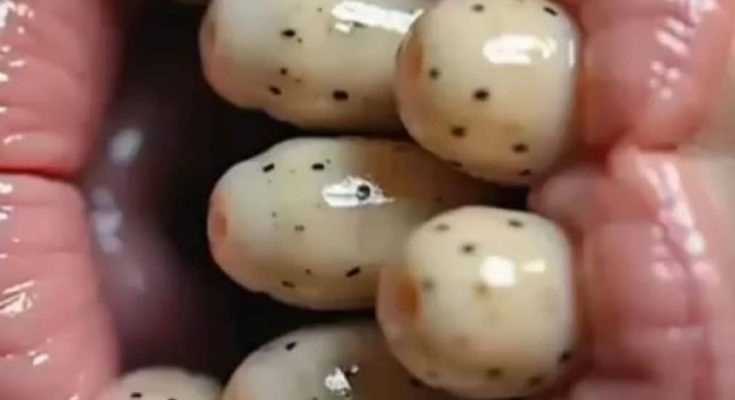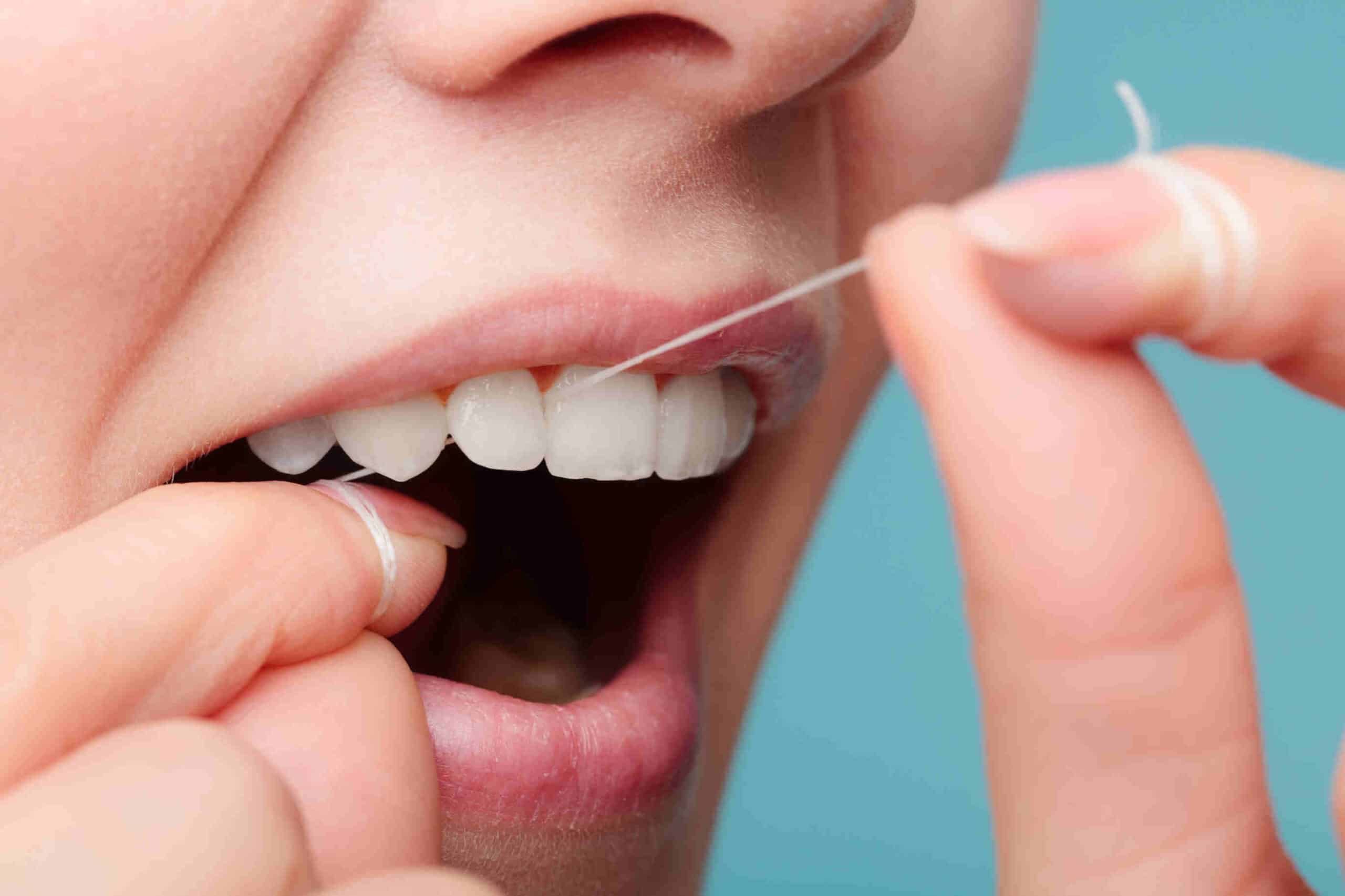Teeth are one the most sensitive parts of the human body that get affected by changing food habits, unhygienic practices, and much more. Looking after your oral health is one of the primary steps to achieve excellent overall health.
Since poor oral health can lead to severe health issues such as stroke, heart issues, Alzheimer’s disease, diabetes, and more, you should know what can contribute to your oral health.
It is a known fact that brushing and flossing regularly can ensure good oral health. However, do you think that brushing and flossing alone can guarantee you good dental health? Do you know how to brush and floss properly for good oral health? You can ensure excellent oral health by following a ten-step strategy.
1. Brush Twice A Day
Brushing twice a day is the primary step towards good oral health. While some dentists recommend that you brush after every meal, many people find this impractical to follow.
You should thoroughly brush your mouth in mornings and evenings. Do you know almost 51 percent of Australian adults brush their teeth two times a day? Still, over 90 percent of Australian adults have dental health issues.
One of the primary reasons for this drastic difference is improper brushing. When you brush, always choose a toothbrush with a small head and soft nylon bristles to avoid any damages to your gums. Small heads can cover your entire mouth and ensure better cleaning.
Use a toothpaste that contains fluoride and place your brush at a 45-degree angle against your teeth. You have to brush in back and forth, up and down short strokes to clean your teeth and gums. Always try to brush in smaller sections without pressing too hard on teeth or gums.
You can keep your brush tilted vertically to clean inner surfaces of your teeth. You should also clean your tongue and cheeks in the brushing process. It removes bacteria and microbes from those areas. Finally, you should rinse your mouth thoroughly.
You should brush sufficiently to remove bacteria and food residues from your teeth for at least 2-3 minutes. It is recommended that you try to replace your toothbrush in every 3-4 months to ensure no frayed bristles.
People who have recovered from viral infections and flu are recommended to replace their toothbrush to avoid the re-insertion of microbes.
2. Floss Once A Day
Flossing once a day is another important step to achieve excellent oral health. While brushing removes the bacteria present on the surface of your teeth, it is not sufficient to remove the bacteria from the areas between teeth.
Take an 18-inch floss ribbon and wrap it around your fingers of both hands, leaving only a few inches for flossing. Then start flossing the area around each tooth using up-and-down and back-and-forth movements using your index fingers and thumbs.
While flossing, you should also ensure that your gums are being cleaned as well. While cleaning each area, you have to pay attention to use the newer sections of floss. This can avoid reinsertion of bacteria and microbes into different areas of teeth.
3. Rinse Your Mouth After Every Meal
Rinse your mouth with fresh water after every meal. It can remove the food residues stuck in your mouth. Your food can cause dental decay due to the acidic level of it, and water can neutralise the acidic condition effectively.
If you think that you ate a lot of acidic or sweet food, you can rinse your mouth with mouthwashes that contain chlorine dioxide or Listerine. People who feel that their brushing and flossing are not ideal can also use mouthwashes to improve their oral health. Mouthwashes reduce the acidity in the mouth, clean deeper areas of teeth and gums, and ensure remineralisation for teeth.
4. Proper Diet
It is common knowledge that teeth are made from calcium and phosphorous. You should also note that Vitamin C is highly essential for the proper growth of gums. The adequate intake of phosphorous and calcium can remineralise your teeth. You can ensure the supply of calcium by consuming low-fat milk, cheese, canned salmon, yogurt, dark green leafy vegetables, almonds, and beans and lentils.
Consumption of fish, eggs, lean meat, beans, dairy, and nuts can supply you the sufficient phosphorous. For Vitamin C, you can eat citrus fruits, potatoes, tomatoes, broccoli, spinach, and much more. To ensure proper oral health, you should have a balanced diet with all these food items.
5. Drink More Water
Drinking more water is a great option to ensure good overall health, and it can enhance your oral health as well. Drinking fluoridated water can help you to prevent cavities as fluoride is known as “nature’s cavity fighter.” According to a government data published in 2012, more than 70 percent of the population of the Northern Territory receives artificially fluoridated drinking water. Therefore, drinking your tap water can help you to improve your dental health.
Water also removes food residue and acidity from the food and keeps your mouth clean. Drinking the right quantity of water also helps you to keep dry mouth at bay. This will help to ensure that you have a sufficient production of saliva to get rid of dry mouth, as saliva has an important role in maintaining your oral health and fighting tooth decay.
6. Say No To These Foods
While you need to consume a balanced diet for your teeth, you should also say no or reduce the consumption of specific food products. Firstly, you should avoid carbonated drinks, including sodas. These drinks come with excess sugar and acids that can damage your teeth.
Alcohol is also a bad choice for your teeth as it can dry your mouth by reducing the production of saliva. Sour candies and food products that can stick to your teeth and gums can also lead to dental decay. You can also limit the consumption of sugary food products and drinks, including many energy and sports drinks, to protect your teeth from decay.
7. Say Goodbye To Tobacco
If you chew tobacco products or smoke, it is important to say goodbye to it. Chewing tobacco and smoking can cause stains on your teeth. Tobacco can create pockets in your teeth and gums for gum disease bacteria to grow. Apart from increasing the risks of gum disease, tobacco can make your dental treatments less effective.
Tobacco products can also compromise your immune system and lead to many dental and overall health issues. It also leads to the increased deposit of plaque on your teeth. Regular use of tobacco can lead to oral cancer as well.
8. No Excess Teeth Bleaching
Teeth whitening is an excellent option to bring back the original colour of teeth for people who have discoloured or stained teeth. However, some people tend to do bleach their teeth frequently, and that can become detrimental in the long run.
Excessive use of teeth whitening chemicals can lead to the erosion of the enamel. It can also increase the sensitivity of the tooth and cause gum irritation. Do you know that excessive use of peroxide-based whitening products can leave you with translucent teeth, more so than white ones? It can make your teeth discoloured, especially at the edges.
9. Regular Dental Check-Ups
Regular dental check-ups are another great way to ensure good oral health. You should have a dental appointment at least once in every six months to keep your teeth and gums healthy. During these appointments, your dentist will examine your teeth and provide you with professional teeth cleaning.
The dentist will examine your teeth, gums, other parts of your mouth, face, head, and neck for any swelling, redness, dental issues, and more. The dentist will then provide you with the necessary dental treatments. Finally, they clean your teeth and remove any tartar present on the surfaces of your teeth. Regular dental check-ups can help you to trace the early signals of dental and other health issues, including oral cancer, and ensure timely treatment.
10. Timely Dental Care
Apart from regular dental appointments, you should also provide timely care for your dental issues. Whenever you notice any tooth decay or gum issue, you should immediately seek the assistance of a dentist. Most dental issues can be easily addressed or cured if you take timely dental aid.
Similarly, if you experience any accidents that lead to fractures, broken teeth, or gum injuries, you should visit a dentist immediately. Early treatment can help you to save your teeth and ensure excellent oral health.
Conclusion
Maintaining your oral health is crucial. Good oral health helps you to interact with people more confidently and enjoy your favourite food items. Additionally, it stops you from experiencing various dental issues that can even affect your overall health.
You can achieve excellent oral health by following good hygienic practices, balanced diet, and regular dental visits.





